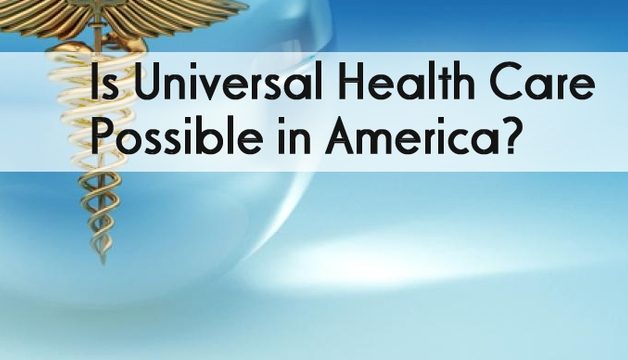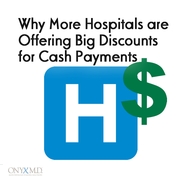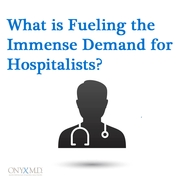
Are Opioids the Right Solution for Chronic Pain?
Although used for thousands of years, it wasn’t until the 1800s that the first medicinal opioid, morphine, was developed. Since then, governments and medical authorities have implemented a patchwork of laws to govern the use of these powerful painkillers. Currently, non-medicinal opioid use is illegal, but many Americans are circumventing these laws by abusing pharmaceutical substitutes like Oxycodone, Fentanyl or Vicodin. Dependence upon medicinal opioids is a national epidemic with an estimated 8.2 million Americans abusing these prescription pills. The widespread misuse of prescription meds --more than 52 million Americans have used prescription drugs non-medically—has contributed thousands of more cases of opioid addiction on a daily basis. This culture of addiction has forced more physicians to question the use of prescription painkillers. Although chronic pain is a health issue that…









